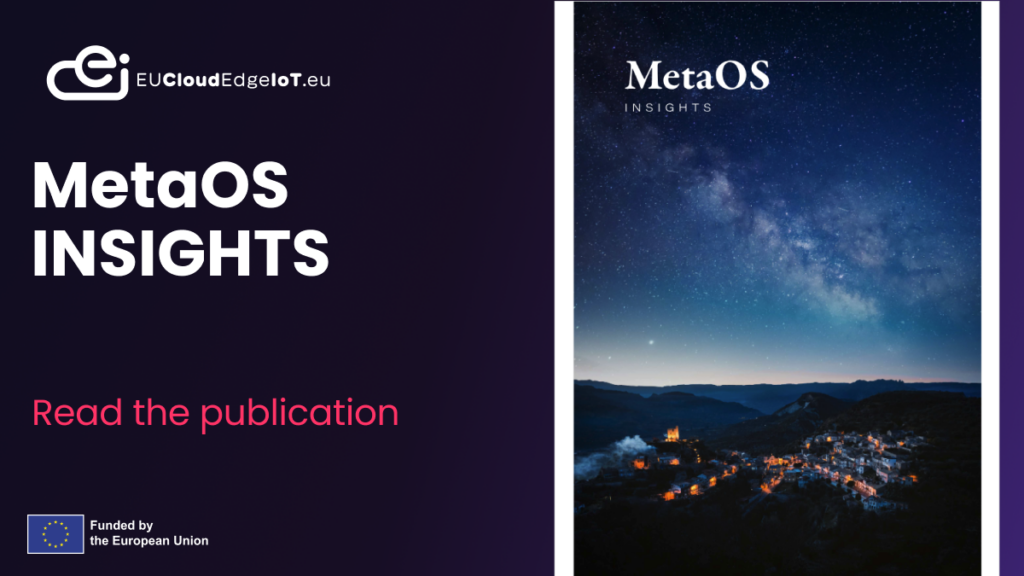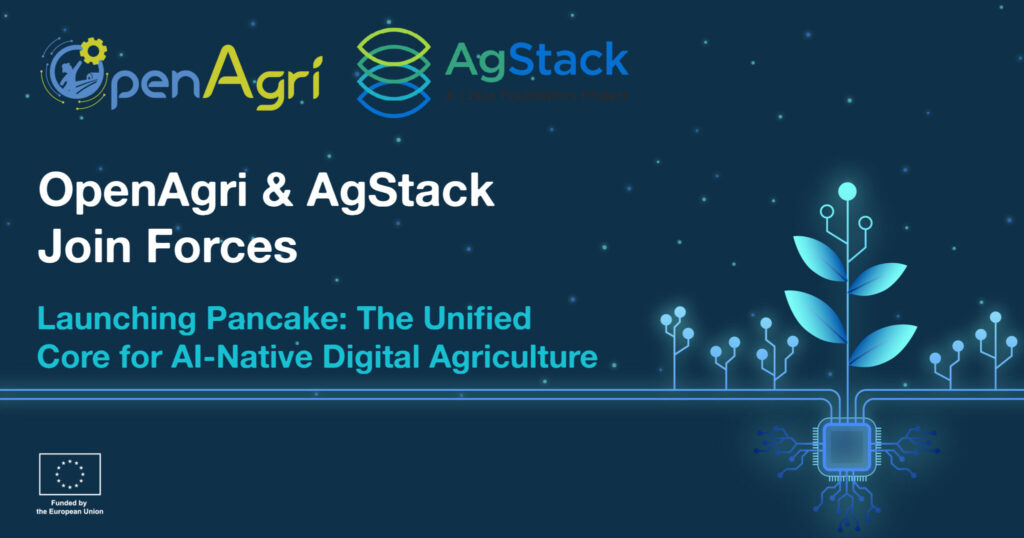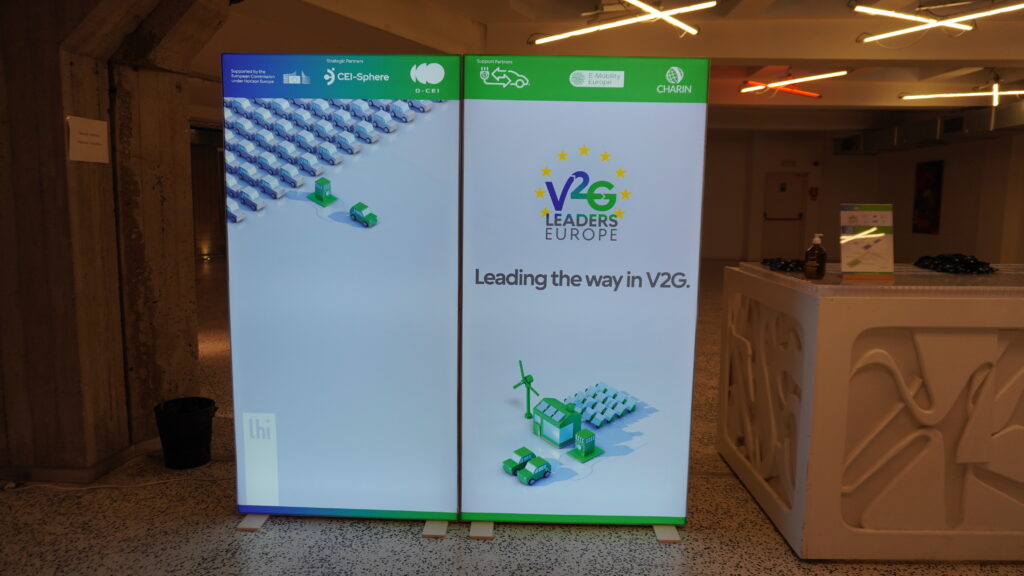In the first week of April, NexusForum had the great pleasure to host the Smart Connectivity and Computing Workshop as part of the EU-Japan Digital Week. This week-long event was a crucial moment in deepening the relations between the European Union and Japan in the field of cloud-edge computing and smart connectivity, emphasizing the importance of cohesive digital strategies across borders. The event attracted researchers, policymakers, industry experts and stakeholders from both regions with the aim of sharing insights and trends in both research and industry, exchanging best practices and knowledge, and perhaps most importantly exploring new opportunities for innovative collaborations.
One of the most important objectives of the workshop was to identify new areas for cooperation, as well as strengthen existing ones, in the fields of computing, connectivity, and AI, setting the scene for impactful pilot projects and joint research efforts. The attendees also had the chance to give their feedback on the research & innovation priorities in the first version of the NexusForum.EU roadmap, which provides strategic advice to the European Commission. This not only provided valuable feedback from Japanese stakeholders but also ensured a deeper alignment with shared digital priorities and explored complementarities in terms of technological capabilities and policies.
In the afternoon, Chiara Zincone (OpenNebula Systems) and Dr. Thomas Ohlson Timoudas (RISE) moderated an interactive session about the roadmap. The session started off with a presentation of the key strategic directions in the roadmap, outlining critical research and innovation priorities for the European cloud-edge-IoT ecosystem and its connections to key European strategic areas such as digital sovereignty, data privacy, trust, and sustainability. Its alignment with major EU initiatives like IPCEI-CIS and the European Alliance for Industrial Data, Edge and Cloud ensures that a multitude of different stakeholders contribute to a common strategy to advice the European Commission on critical technological areas.
During the interactive session, the audience had the chance to further explore the goals and objectives of the roadmap, provide feedback, and was invited to join the NexusForum Working Groups to further drive open innovation across borders. The session resulted in a productive live feedback mechanism, during which the audience, which consisted of a mix of industrial tech companies, policymakers, universities, and research institutions, had the opportunity to weigh in and provide a Japanese perspective on the strategic priorities in the roadmap.

Figure 1 Results for the question “Which specific areas of the roadmap do you believe should receive more focus to better align with Japan’s national priorities? (Choose top 3 priories).”
One key takeaway was a strong common interest in emerging areas such as edge computing, data spaces and quantum computing. These areas provide many opportunities to align national priorities and build strong research and innovation collaborations between Europe and Japan. In terms of AI development, there was strong consensus from the Japanese stakeholders on prioritising deployment of AI in industrial applications, particularly in areas like manufacturing, robotics applications in health and social care, mobility, health data sharing, and content generation. Additionally, there was emphasis on trust and ensuring AI compliance with ethical and legal frameworks.

Figure 2 Results for the question “Which aspects of AI developments does Japan prioritize the most? (Choose 1).”
The session also delved into sustainability challenges, especially considering the growing energy consumption of data centers fueled by AI technologies. Participants suggested that Japan could mitigate these concerns by exploring alternative semiconductor technologies and implementing energy-efficient data center operations. Interestingly, one of the earlier sessions had presented a concept for an all-photonics network and a roadmap for the development and deployment of optical computing technologies in Japan, highlighting energy-efficiency as a major advantage compared to current technologies. Coincidentally, in the months prior we had discussed including optical computing in the next version of the roadmap.

Figure 3 Results for the question “The energy use of data centres is growing rapidly, especially with the development and deployment of AI technologies. How do you expect Japan to counter the energy and sustainability costs of this growth? (Choose 1).”
On the topic of cross-border collaboration, there was notable enthusiasm for the potential benefits of Japan´s possible association with Horizon Europe, with most participants indicating they would pursue collaborative research and innovation activities if Japan were to join the funding programme. There was also strong interest in free and trusted exchange of data between the EU and Japan as essential for reducing regional biases and creating collaborative data spaces. This further highlights a strong interest from both sides to collaborate on the next generation of digital technologies.

Figure 4 Results for the question “How important is free flow of data with trust between the EU and Japan for collaborations and mutual benefits?”
The audience also stressed the importance of technological sovereignty, viewing it as a critical factor for both regions´ smart connectivity and computing ecosystems. Lastly, a significant portion of the audience advocated for an open, federated cloud ecosystem to counter vendor lock-ins from major hyperscalers, while others favored strategic collaboration with hyperscalers, provided they adhere to European Union and Japanese regulations.




